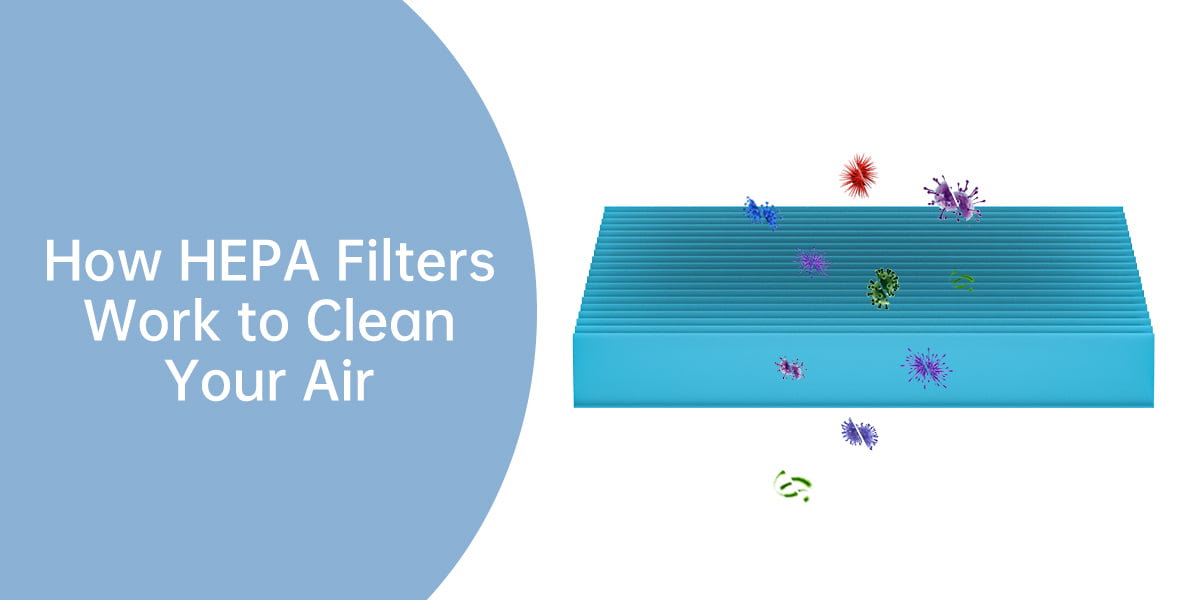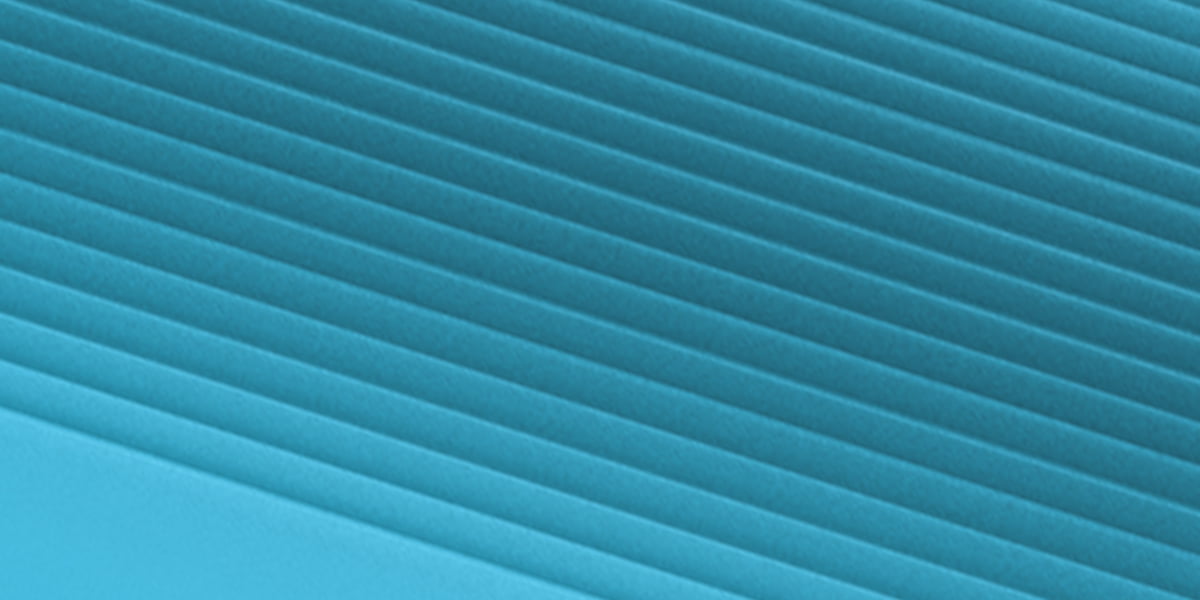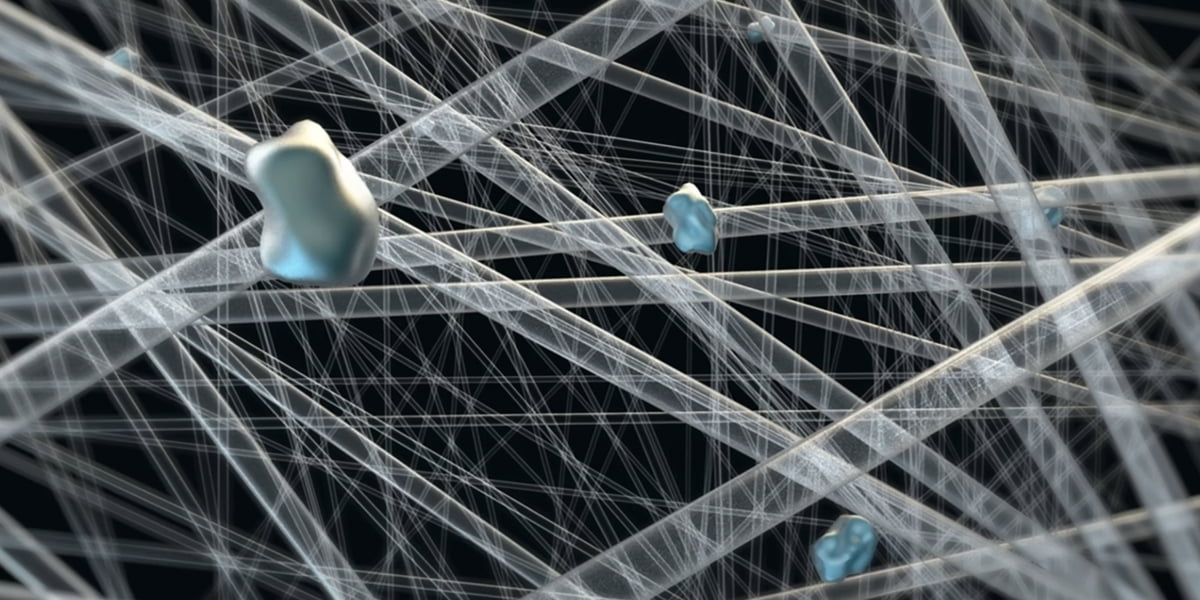How HEPA Filter Work to Clean Your Air?

HEPA (High-Efficiency Particulate Air) filter is a type of air filter that is designed to remove tiny particles from the air. This filter is made of a dense, fibrous material that traps particles as air flows through them. HEPA filter work by using a combination of three mechanisms to capture particles:
1.Interception: As air flows through the filter, larger particles collide with the fibers and are trapped.
2.Impaction: Smaller particles that are too small to be intercepted by the fibers are instead forced to collide with the fibers by the air flow, where they become trapped.
3.Diffusion: The smallest particles are too small to be intercepted or impacted, so they move randomly and are eventually caught by the fibers as they collide with them.

HEPA filter is capable of capturing a wide range of particles, including pollen, dust, pet dander, and even some bacteria and viruses. In fact, HEPA filter is capable of capturing particles as small as 0.3 microns with an efficiency of 99.97%.
HEPA filters are commonly used in air purifiers, vacuum cleaners, and HVAC systems to improve indoor air quality. However, it's important to note that HEPA filters only capture particles that are suspended in the air and do not remove particles that have settled on surfaces. Regular cleaning and maintenance of your home can help to reduce the amount of particles in the air and improve the effectiveness of HEPA filters.




